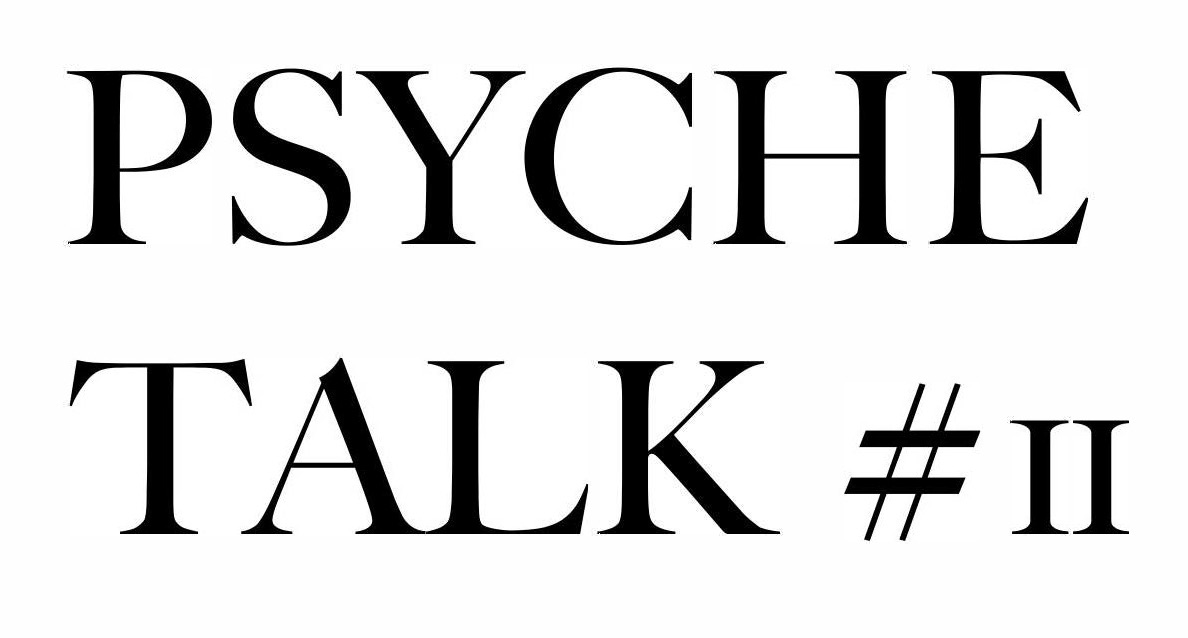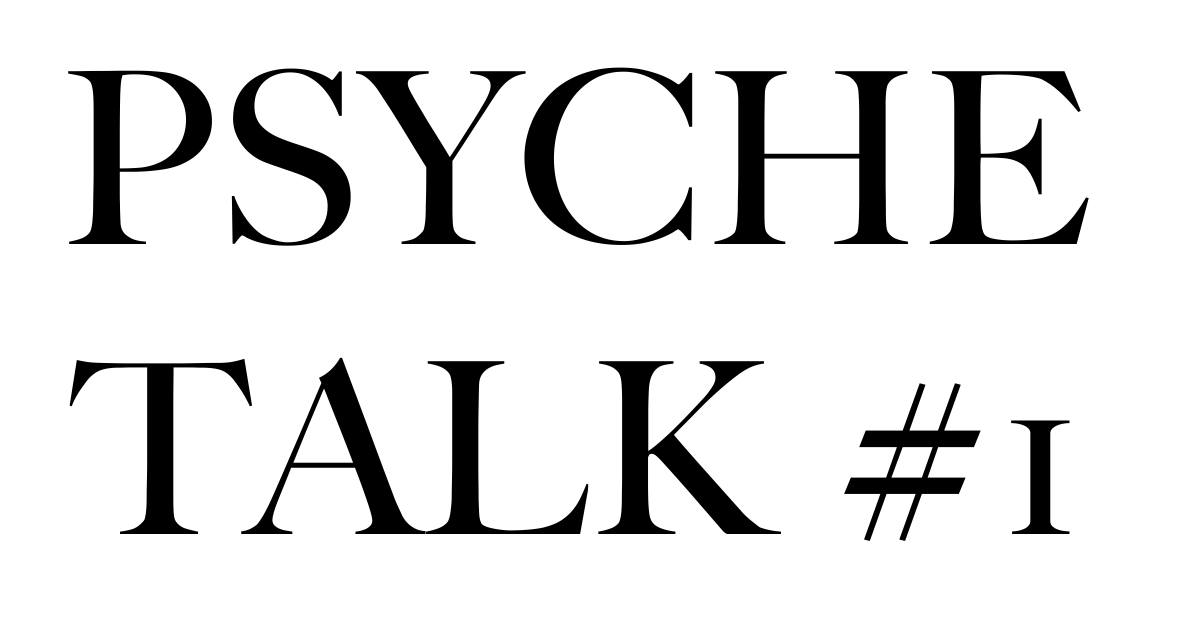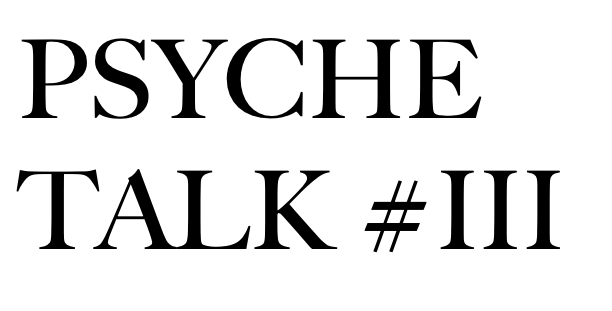Archives
-
Caring About Elderly Care
Vol. 9 No. 1 (2024) -
The Politics of Parenting
Vol. 8 No. 2 (2023) -
Writing Off the Beaten Track
Vol. 8 No. 1 (2023) -
Kvalitativ Psykologi
Vol. 7 No. 1 (2022) -
Rhythms
Vol. 6 No. 2 (2021) -
Suffering in Contemporary Society
Vol. 6 No. 1 (2021) -
Resonance
Vol. 5 No. 1 (2018) -
Educational Leadership in Higher Education
Vol. 9 No. 3 (2024)This special issue of Qualitative Studies aims to explore educational leadership in higher education. Our focus is on middle leaders without formal managerial power. They may be labelled as study leaders, educational leaders, course coordinators, or programme leaders. A common characteristic of these middle leaders is that they are both teachers and researchers and additionally are formally appointed to take special organisational responsibility for coordinating and developing education/teaching.
Over the last two decades, educational leadership has become a common answer to quality demands in higher education (e.g. Stensaker, Elken, & Maassen, 2019, p. 91), where leadership is understood as having an impact on the quality of student learning (e.g. Cardno, 2014, p. 352) and where educational leadership is needed to support educational development in local collegial contexts (e.g. Mårtensson & Roxå, 2016, p. 248). In research, educational leadership is a broad and messy concept. For example, the concept can be associated with hierarchical structures through distributed leadership based on the promise that management can delegate some of their decision-making power to special responsible employees (e.g. Kjeldsen, Quick, Jønsson, & Andersen, 2020, p. 54). It can also be related to middle leaders both with and without formal managerial power in the same study (e.g. Bryman, 2007; Grunefeld et al., 2017) if these different leaders have to do with influencing the goal-directed behaviour of others (Bryman, 2007, pp. 694-695). Both examples are regardless of the fact that middle leaders without formal power have different possibilities than those with formal power for influencing the behaviour of others within the authority and power structures of higher education institutions.
-
Reaching Out – Participatory and Engaged Research for Change
Vol. 11 No. 1 (2026)







